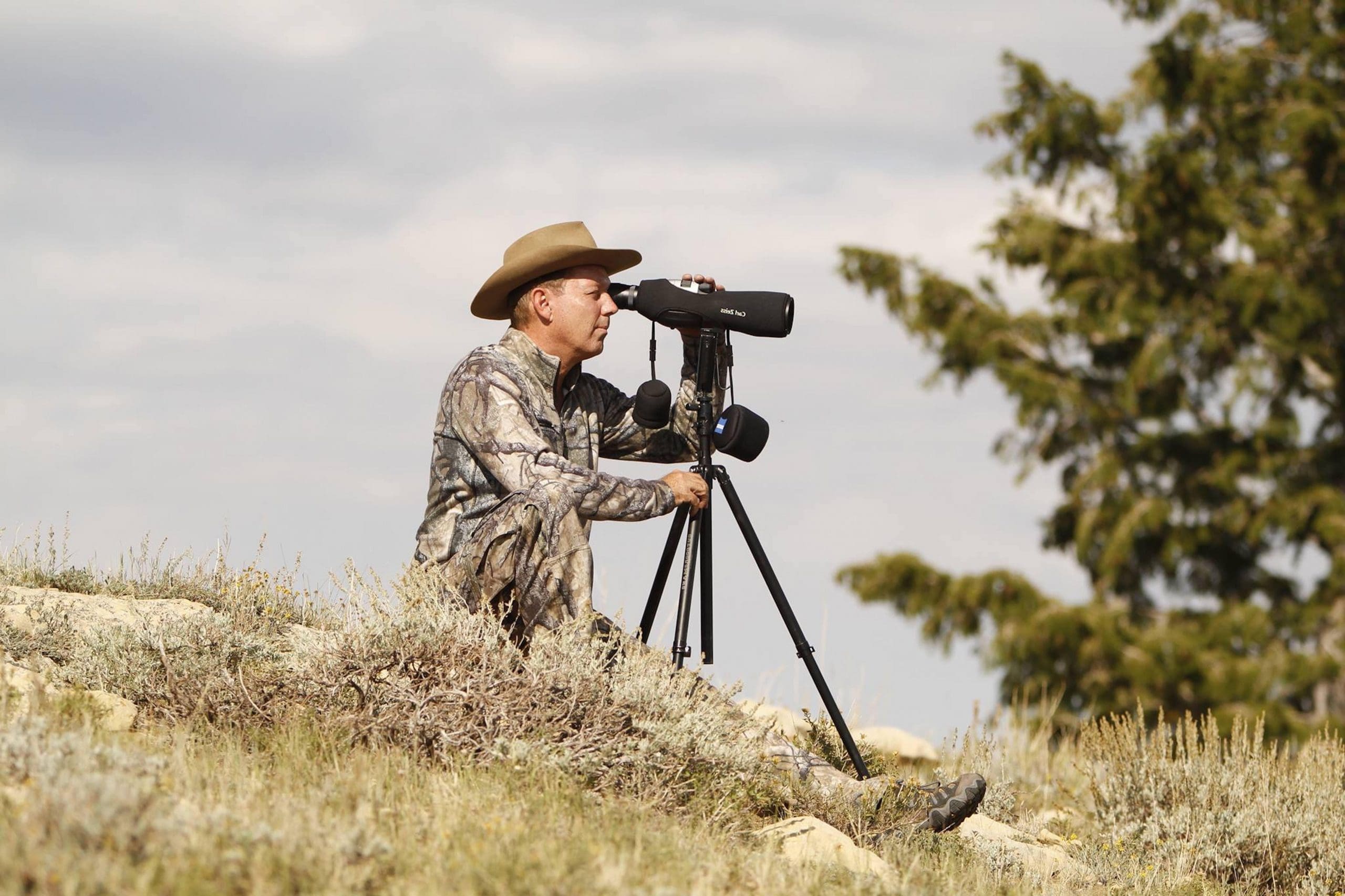Because Daddy [Charles Billups] participated in . . . nonviolent protests [during the civil rights era in Birmingham, Alabama] . . . the police kept grabbing him, and he spent a lot of time in jail, away from his family. Whenever he was gone, we all missed him.
One day, when Daddy was driving back from church, a racist shot into his car. And the police didn’t do anything about it. If it had been a different day, I would have been in the car, and I could have been shot!
Unfortunately, the national news media paid little attention to any of these events for years. Between 1956 and 1960, the big reporters ignored virtually everything in Birmingham—the weekly mass meetings, the church bombings, house bombings, cross burnings, and the failure of the police to investigate crimes committed by the Klan. Local journalists neglected many of these events as well. Only in 1960 did the trickle of national news about Birmingham begin. Throughout the late 1950s, no one could tell that the mass meetings and the protests were doing any good. They didn’t alter segregation.
During those four years, there was no sign that anything was changing. My daddy and the other leaders in Birmingham had no way of knowing that the national news media would ever pay attention. They had no way of knowing that anything would ever throw out segregation and oppression. There was no way that they could know. That’s why those years were so trying, so difficult for everyone in the ACMHR. During slavery and ever since slavery, conditions remained vicious and dangerous for African Americans all over Alabama. Yet everyone in the ACMHR continued to hope! Where did their hope come from? The answer is: they had faith—a lot of faith. And they celebrated their faith every Monday night at the mass meetings.
Instead of investigating bombings and car shootings, the police sent their detectives to spy on the mass meetings on Monday nights. At one of those rallies, a man came in with a tape recorder. After hearing the noise from that recorder, my father told him that he was a spy and he had to leave. One night in 1958 my father, Fred Shuttlesworth, Ed Gardner, and another minister tried to stop the detectives from entering the First Baptist Church of Ensley. Daddy is the one who confronted the detectives and told them to leave.
The next night we saw the police cars driving toward our house. Along with them came a paddy wagon, a fire truck, and the armored personnel carrier of the police department. That personnel carrier looked like a tank, and we called it a tank. And, of course, the Birmingham police liked everything that was white, so they painted that tank white! And Bull Connor was in that tank!
At that time, Daddy was helping organize a protest against retail businesses that wouldn’t let us eat there or work there. So my daddy had some flyers in our home, some handouts that asked people to boycott those businesses. When all those angry police were heading to our house, he didn’t want them to see the boycott handouts. If they did, then he would be in even more trouble for pushing against segregation. So he told my sisters and me to throw the flyers down a nearby hill, and we did throw them down that hill. The police never saw those flyers.
But those police did get out of their cars, barged into our home, and arrested my father right in front of us. They were trying to drag him by his arms, but he stood up to try to keep them from dragging him. At that time, even though I was only five years old, I wanted to protect him. He realized that, as a little girl, I couldn’t help him against the police. But he also knew that I would try to help him. So he was looking at me and silently shaking his head, trying to discourage me from interfering with the police. But I grabbed that officer’s leg anyway and scratched it hard with my fingernails and bit it, trying to stop that man from taking my daddy away from us! But that made the police yank Daddy down.
As he slumped over, those police started to drag him on his knees, and they threw him into that paddy wagon! He was looking back at me sadly, and I was crying. I didn’t know much, but I hated those men for taking him away. Then one of them told us they would come back for us. I got scared because I thought they would arrest me, and drag me into that paddy wagon!
Living in Birmingham was always dangerous. My parents were cautious about me and my sisters. They didn’t want us to stay at home if the danger was especially serious. So they got us out of the house that night when members of the Klan burned that cross in our front yard. On other days and nights, the Klan would drive down our street, do a circle, and drive off. When that happened, my mother would get my grandfather or my auntie to pick us up and drive us to my grandparents’ house in Irondale, a town not far from the Woodlawn neighborhood where we lived.
My grandmother already was taking care of five children; so, when my sisters and I came to stay temporarily with her, she had eight children in her house. That was too many. But we had to stay with her several times, whenever the danger was really serious at home. Those days were just terrible!
All the precautions that my parents took didn’t protect my father. One night around 4:00 a.m., N.H. Smith loudly knocked on our door and insisted that my mother had to get someone to care for me and my sisters. He told her that she had to hurry to the hospital to see her husband. My mama saw him holding my daddy’s coat and later described that coat as “just a bloody mess.” He told her, “We’ll just burn these clothes up.”
- “Interview with C. Herbert Oliver.” Oct. 14, 2014.
- See also Manis 191-192 and “Interview with Charlotte Billups Jernigan.”
- See also “Interview with Charlotte Billups Jernigan.”
- “Interview with Almarie Billups.”



